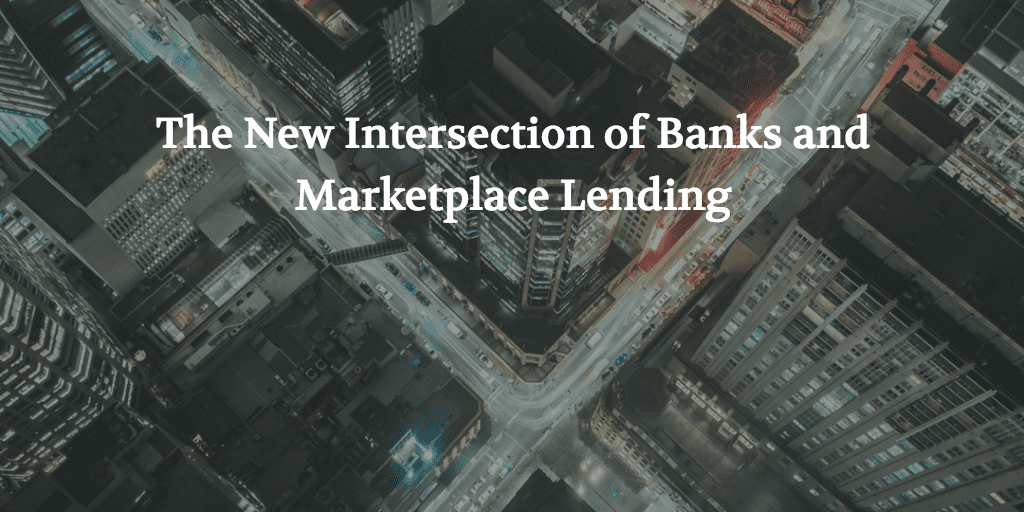In a November report released by Celent and FINavigator the chart below shows mobile app adoption by financial institutions; Credit Unions have historically had greater app adoption but since 2013 banks have closed the gap in half; overall, 86% of financial institutions with over $100 million in assets have a mobile app, while adoption for institutions below $100 million is 29%. Source




